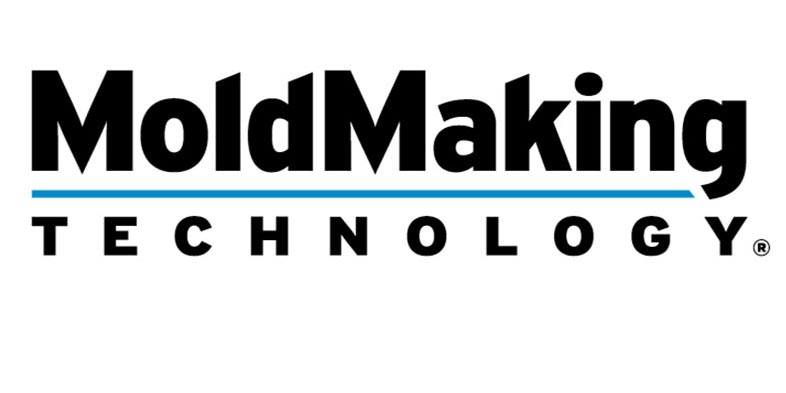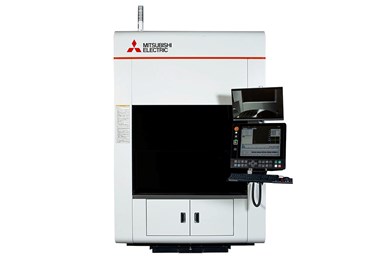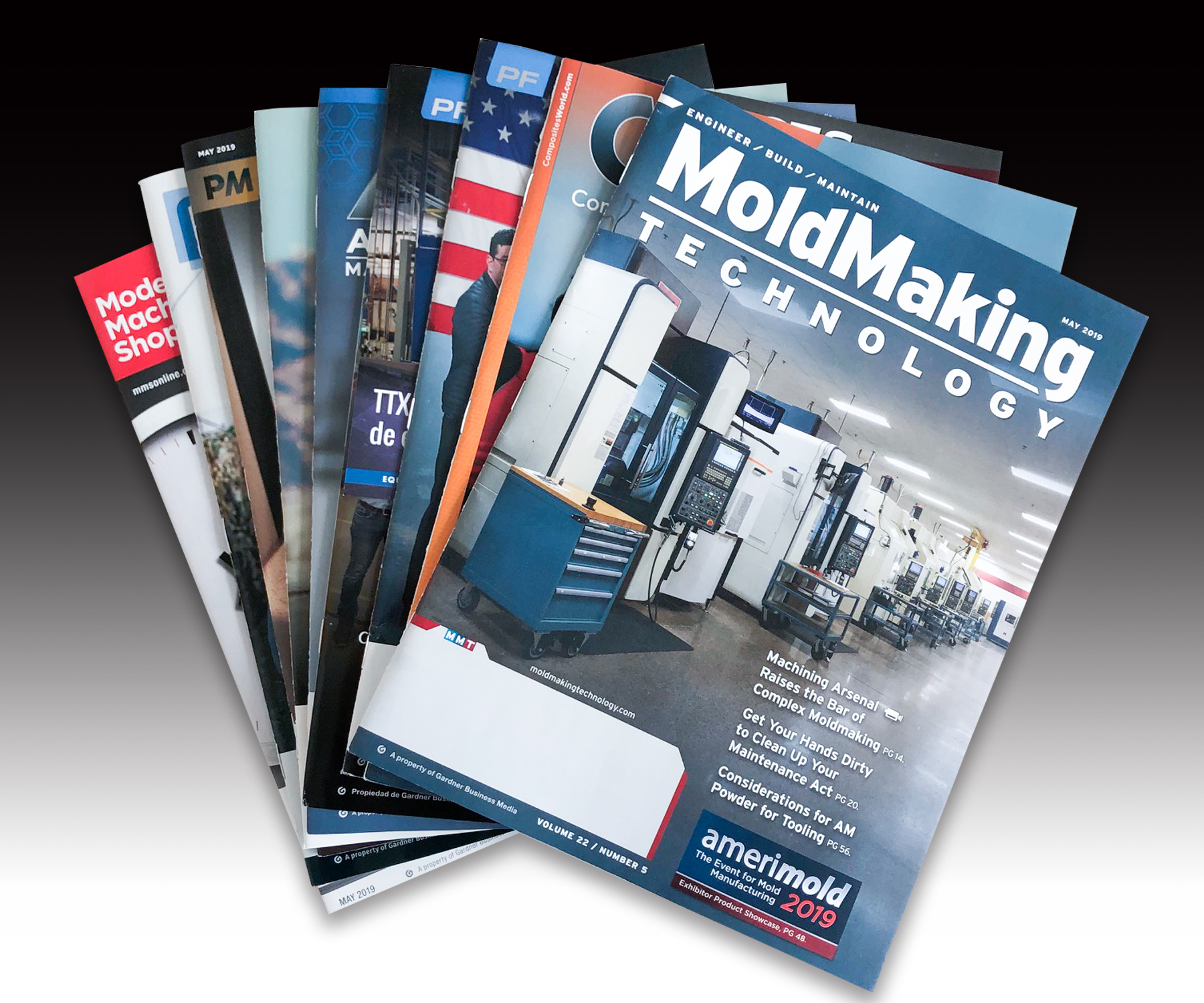Wire-Laser Metal 3D Printer for Efficient, Versatile Processing
The MC Machinery Systems printer applications include rapid prototyping, mold and die, one-offs, short runs, mass manufacturing, maintenance, repair, tooling and more.
MC Machinery Systems’ Mitsubishi AZ600 wire-laser metal 3D printer. Photo Credit: MC Machinery Systems
MC Machinery Systems’ Mitsubishi AZ600 wire-laser metal 3D printer melts welding wire with a laser beam to create high-quality 3D structures, producing high-speed, high-precision 3D printing while reducing energy consumption and waste. The printer applications include rapid prototyping, mold and die, one-offs, short runs, mass manufacturing, maintenance, repair, tooling and more.
With the same proprietary wire-feeding technology used in Mitsubishi’s industry-leading wire EDMs, a simple command on the machine’s CNC control feeds the exact amount of wire to the target location. Unlike other 3D printers, the wire is in the front of the machine to make it easier to replace, the company says.
The machine uses commercially available welding wire as the feedstock and features Mitsubishi’s laser oscillator and processing head to prevent material oxidation. A low-spatter process keeps the inside of the machine clean, while parts manufactured using other processes can be incorporated into the 3D printing process, making it effective for buildup welding
It is said wire-laser metal 3D printing is a more efficient and versatile process than powder-based metal 3D printing. It offers a number of advantages, including higher deposition rates, better surface finish, reduced porosity, better mechanical properties and reduced powder waste.
Additionally, wire-laser metal 3D printing is much safer to operate because it doesn’t use potentially flammable and explosive powder. And, because wire-laser metal 3D printing is a closed system, the metal powder is contained within the printer, thereby reducing the risk of operator exposure.
RELATED CONTENT
-
Mold and Die End Mills Target Hard Machining
More than 20 new options in Emuge-Franken’s hard-cut ball nose and torus end mills line offer up to 60% longer tool life and excellent surface finish when roughing, pre-finishing, finishing and high-speed cutting.
-
Bonding, Sintering Tech Advances Metal Bonding for Mold, Die Components
NPE2024: Punch Industry USA exhibits P-Bas, intended to replace the use of 3D printers when producing mold and die components, as well as a variety of mold component supplies.
-
Optimized Five-Axis Machining Operations Guided by Moldmaking-Focused CAD/CAM Software
Integration of CGS North America’s CAM-Tool software helps elevate accuracy, surface finish quality and overall efficiency in mold and die production.











